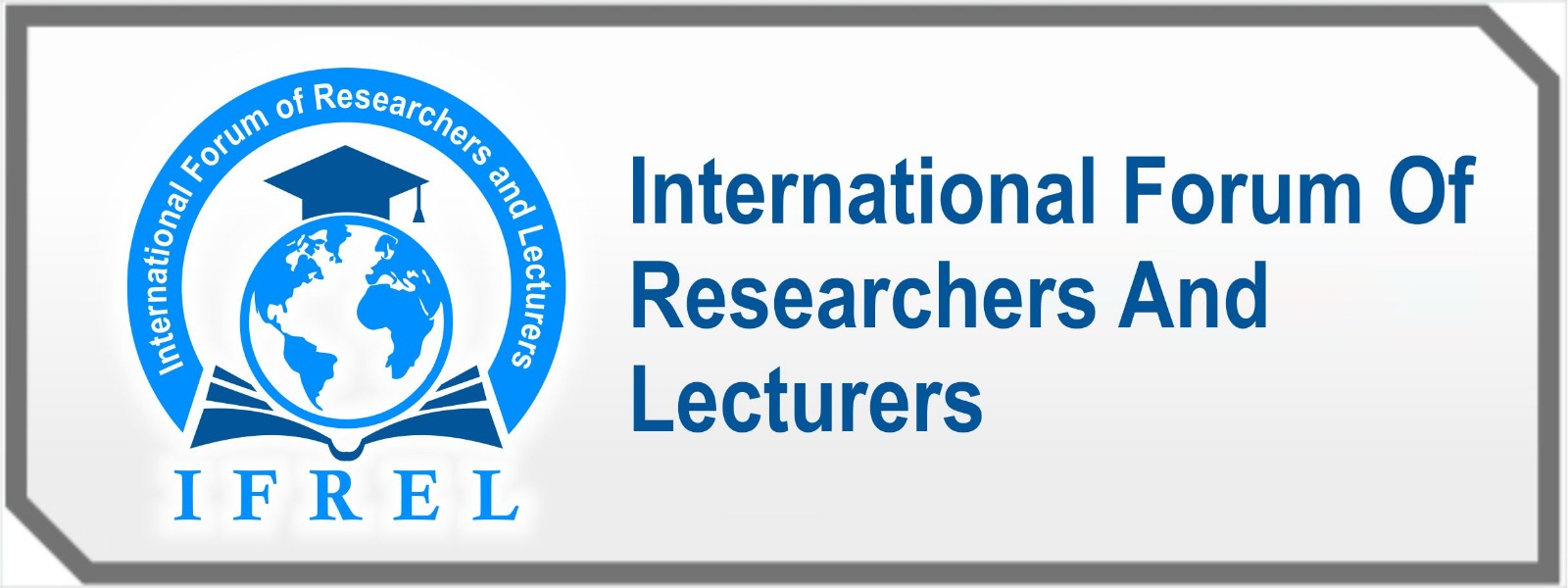The Role of Emotional Intelligence in Leadership Effectiveness: A Cross-Industry Analysis
DOI:
https://doi.org/10.70142/kbijmaf.v1i2.190Keywords:
Emotional Intelligence, Leadership Effectiveness, Cross-Industry AnalysisAbstract
This study investigates the impact of emotional intelligence (EI) on leadership effectiveness across diverse industries. Utilizing a mixed-methods approach, data was collected through surveys and interviews from leaders in various sectors. Quantitative analysis revealed a significant positive correlation between leaders' EI levels and their effectiveness in guiding teams and achieving organizational goals. Qualitative insights further elucidated how EI competencies such as self-awareness, social awareness, self-regulation, and relationship management influence leadership behaviors and outcomes. Findings suggest that leaders with higher EI tend to exhibit better interpersonal skills, conflict resolution abilities, and adaptability, resulting in enhanced team performance and organizational success. The study underscores the importance of EI development programs for leaders across industries to improve leadership effectiveness and foster a positive work environment conducive to growth and innovation.
References
Bar-On, R. (2006). The impact of emotional intelligence on subjective well-being: A focused review. In Emotional intelligence: An international handbook (pp. 389-405). Hogrefe & Huber.
Boyatzis, R. E. (1982). The competent manager: A model for effective performance. John Wiley & Sons.
Carmeli, A., Brueller, D., & Dutton, J. E. (2010). Learning behaviours in the workplace: The role of high-quality interpersonal relationships and psychological safety. Systems Research and Behavioral Science, 27(1), 81-98.
Cherniss, C., & Goleman, D. (2001). The Emotionally Intelligent Workplace: How to Select for, Measure, and Improve Emotional Intelligence in Individuals, Groups, and Organizations. Jossey-Bass.
Côté, S., & Miners, C. T. (2006). Emotional intelligence, cognitive intelligence, and job performance. Administrative Science Quarterly, 51(1), 1-28.
Goleman, D. (1995). Emotional intelligence: Why it can matter more than IQ. Bantam Books.
Goleman, D. (1998). Working with emotional intelligence. Bantam Books.
Jordan, P. J., Ashkanasy, N. M., Härtel, C. E. J., & Hooper, G. S. (2002). Workgroup emotional intelligence: Scale development and relationship to team process effectiveness and goal focus. Human Resource Management Review, 12(2), 195-214.
Joseph, D. L., & Newman, D. A. (2010). Emotional intelligence: An integrative meta-analysis and cascading model. Journal of Applied Psychology, 95(1), 54-78.
Mayer, J. D., & Salovey, P. (1997). What is emotional intelligence? In P. Salovey & D. J. Sluyter (Eds.), Emotional development and emotional intelligence: Educational implications (pp. 3-31). Basic Books.
Petrides, K. V., & Furnham, A. (2001). Trait emotional intelligence: Psychometric investigation with reference to established trait taxonomies. European Journal of Personality, 15(6), 425-448.
Petrides, K. V., Pita, R., & Kokkinaki, F. (2007). The location of trait emotional intelligence in personality factor space. British Journal of Psychology, 98(2), 273-289.
Wong, C. S., & Law, K. S. (2002). The effects of leader and follower emotional intelligence on performance and attitude: An exploratory study. The Leadership Quarterly, 13(3), 243-274.
















